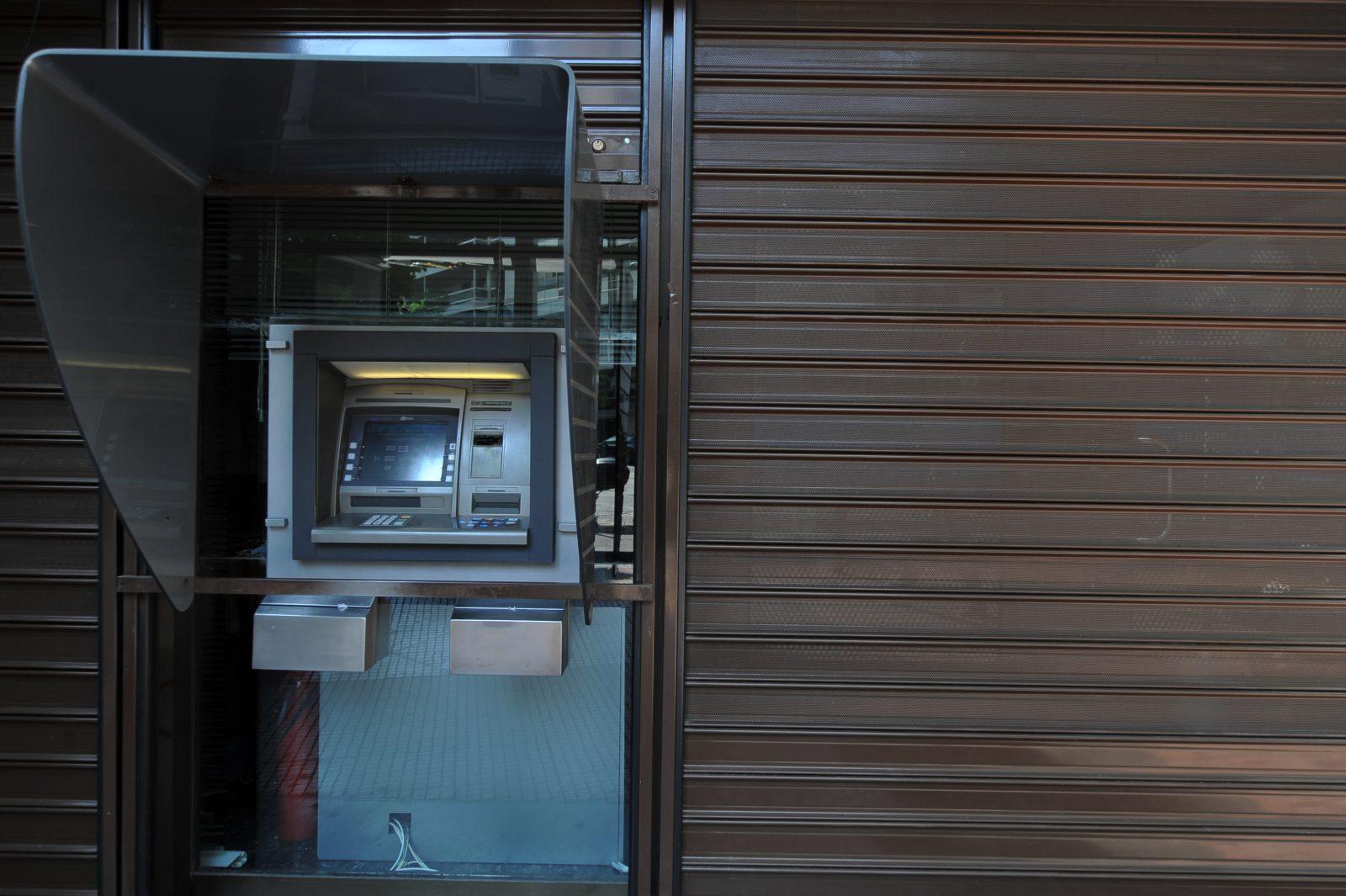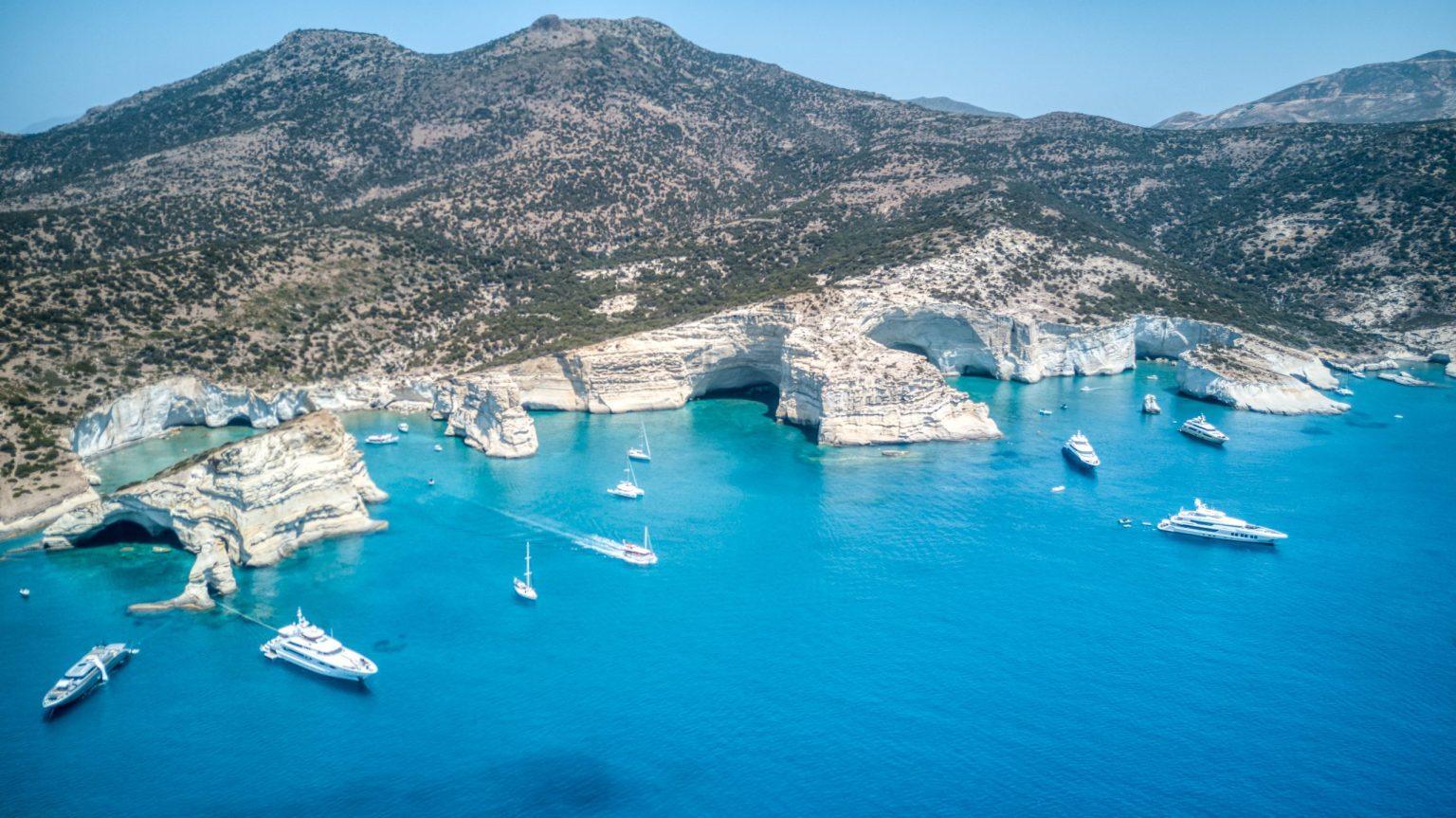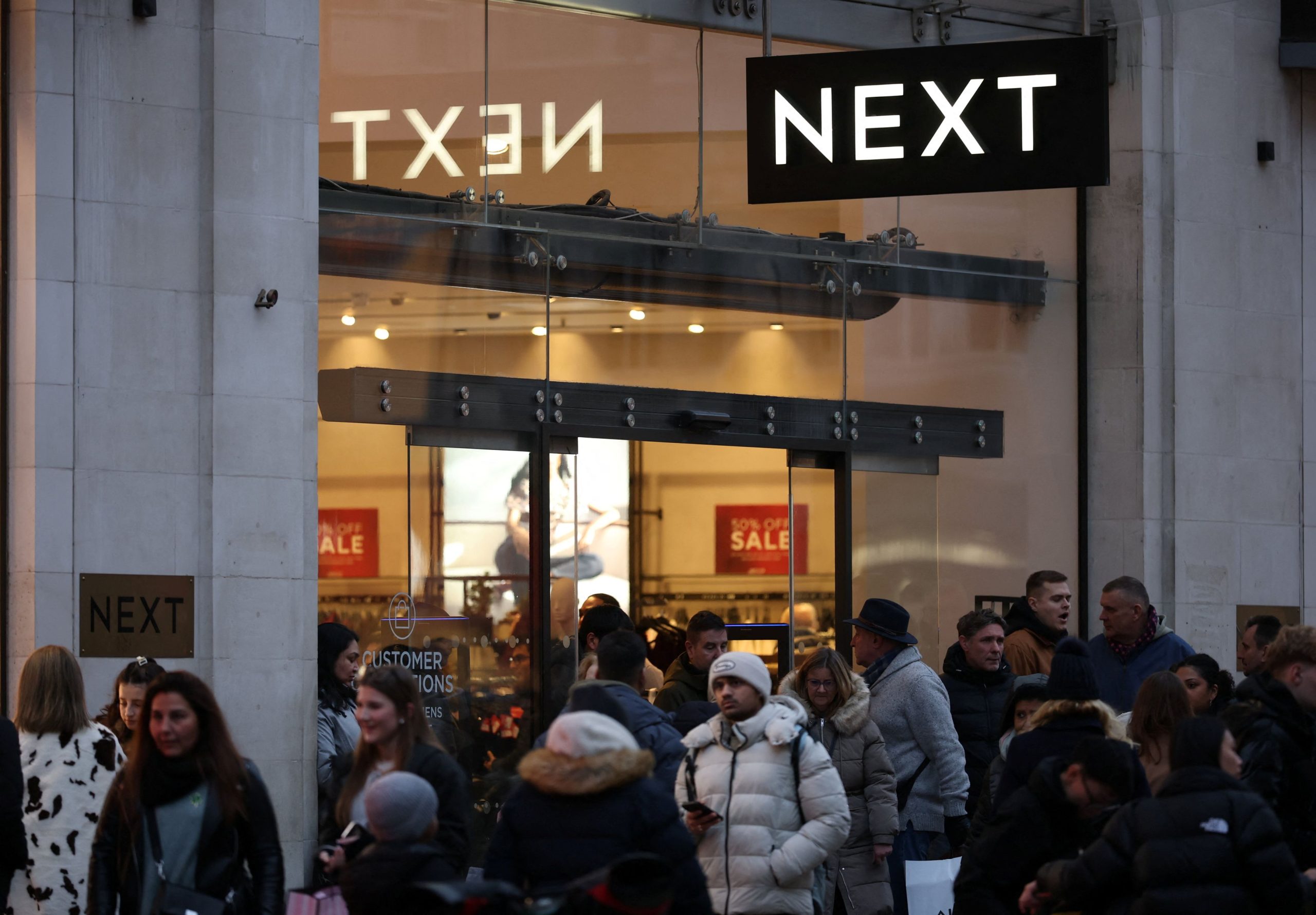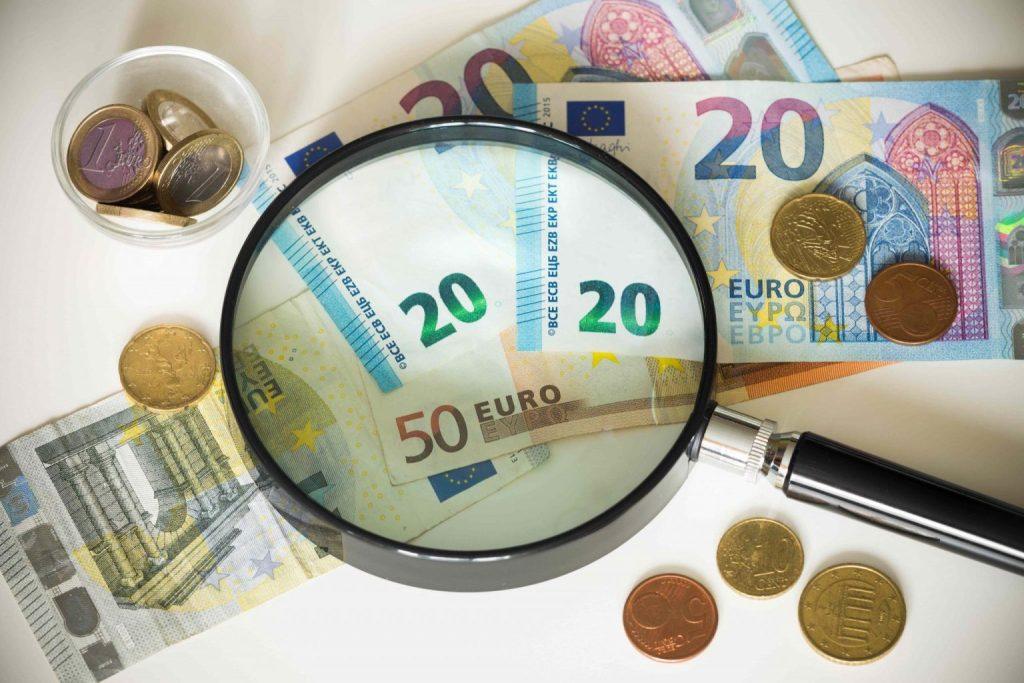The Greek economy may remain on a growth trajectory and Greek bonds may already be trading as if they have investment grade, but Greeks will not be going on vacation because of… poverty.
Half of Greeks seem to have given up on holiday plans due to high prices, the cost of living and low wages.
On the other hand, international ratings agencies stand positively towards Greece and are awaiting the arrival of the investment stage. It is a fact that the climate created in markets after the May 21 elections in Greece, which was accompanied by laudatory comments from the foreign press and favorable analyzes from international houses, seems to maintain its momentum.
The German News Network (RND) refers to Greek bonds, which are “going through a renaissance in the financial markets and this despite the fact that Greece has the highest debt ratio of all EU states. and is the only member of the Eurozone that is considered by the rating agencies as “not suitable for investment”.
This year, the Athens Stock Exchange, as reported by DW, has outperformed most other stock exchanges and “the perception of Greece in the financial markets is changing drastically, which is particularly noticeable in the bond market. The yield on the ten-year Greek bond is 3.62%, i.e. lower than that of the comparable Italian bond. The yield spread against the German bond is the lowest since October 2021, at just 124 basis points, and shows how well Greece is coping with increases in key interest rates from the European Central Bank (ECB), compared to other euro area countries.
This is due to several reasons, such as the fact that more than two-thirds of the national debt is held by official creditors, such as the European Stability Mechanism. The interest rates of these loans are permanently low, but also with a time horizon until 2070. That is why Greece’s debt is considered sustainable.”
Half of Greeks are not going on vacation
The Austrian newspaper Wiener Zeitung refers to the difficult economic conditions that Greeks have to face, in view of the summer holidays: “As the Greek Consumer Goods Retail Research Institute (IELKA) publishes, half of Greeks have abandoned their plans for holidays, due to the low wages combined with high prices in their country.
Six in ten consumers said they would spend less money overall this year than last year, while four in ten respondents said they would necessarily spend more than 50% less money. According to the IELKA survey, price increases in Greece have a huge impact on the consumption habits of Greeks. For two out of three consumers, price is the main criterion for choosing food. According to the Institute, there is a clear tendency of consumers to save money when buying essential goods and services and secondarily in managing money.
At the same time, as W.Z. observes, “according to the online portal “numbeo.com”, the cost of living in Athens is almost as high as in Berlin. Basic foods such as milk, eggs and water are even more expensive. This weakens domestic purchasing power.
Among the 27 EU countries, Greece ranks third from the bottom in terms of household purchasing power, ahead of only Bulgaria and Slovakia (by 2022). Lower-income households suffer particularly from high inflation, which reached an average of 9.6% in 2022. Purchasing power fell by 7.4% in 2022 alone, as wages and salaries in Greece remained low.
Scorching fares
Meanwhile, according to DW, holidays in Greece are costing more and more. In popular tourist destinations such as Santorini, Paros, Naxos, Milos and Mykonos in the Cyclades, as well as in the tourist centers of Crete, Corfu, Kos or Rhodes, a night’s stay per room costs about 25% more than what it cost in 2019.
For a family of four, a week’s holiday in the country costs them around €4,000 – including transport, accommodation and food. For half of Greeks, this cost is simply impossible to cover.”
Soaring inflation is forcing thousands of families to consider not only accommodation and food costs but also travel costs for their holidays.
It is typical that for island destinations in many cases the cost of travel takes up half of the costs for a short vacation.
As everyday purchases like food, gas and utilities have become much more expensive in recent months, many families are being forced to rethink their vacation plans, if not cancel them altogether.





































